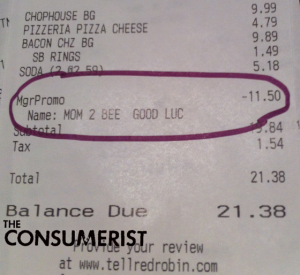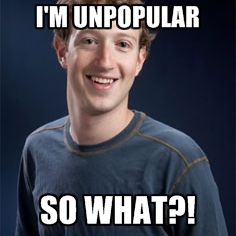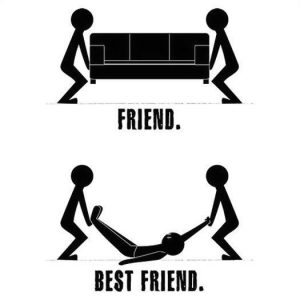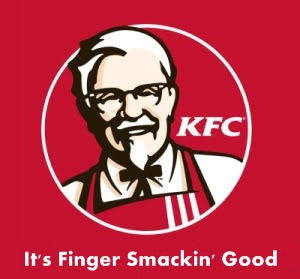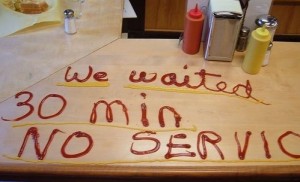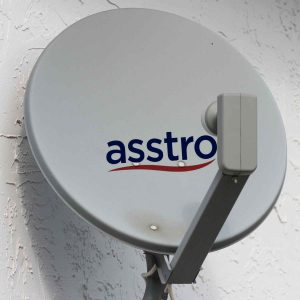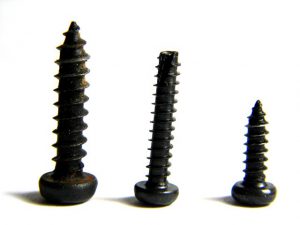When I receive communications from brands that begin with ‘Thank you for being a loyal customer bla bla bla…’, I feel like strangling the copywriter who wrote that opening.
But I am a fellow copywriter too, so perhaps just a smacking will suffice.
If I can’t find Coke, I’d probably drink Pepsi. No Pringles? Yeah okay, Mr. Potato will do. When Maxis sucked, I moved on to Digi.
Like most consumers, I’m hardly loyal. And I’ve repeatedly cheated on the brands that think I am their loyal customer. There is a significant difference between being loyal to a brand and being loyal to something that influences your life such as a loved one.
That difference is called emotion.
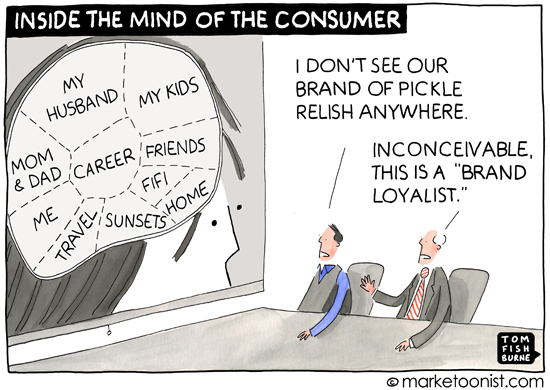
Brands try really hard to make an emotional connection with their customers, but often fail miserably. There is just no way for a brand to replace what really matters; like family, friends, career and all other attributes that make up our personality.
So I feel annoyed at the capacity of brands to assume that I am loyal to an entity that is purely after my money. But the truth is:
I am not loyal, I have no choice.
I would end my relationship with you the moment someone offers me a better deal, and as long as I have nothing to lose by moving on.
Yes, the caveat is ‘if I have nothing to lose’. Which is why, mortgages have a ‘lock-in’ period that charges a hefty sum. Also the reason behind why telcos have contracts that impose a penalty upon termination.
And then they have the cheek to call me loyal!
If brand communications were truthful, then that letter would say ‘thank you for not going to our competitor, we really need your money to pay our inflated corporate salaries bla bla bla…’

